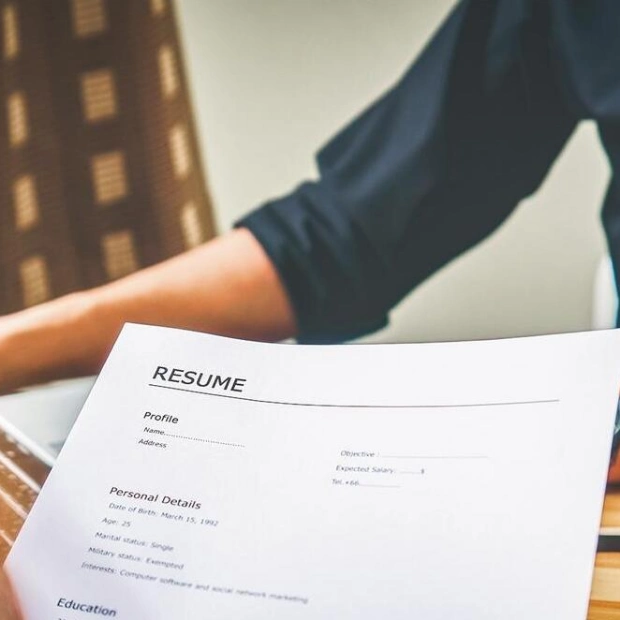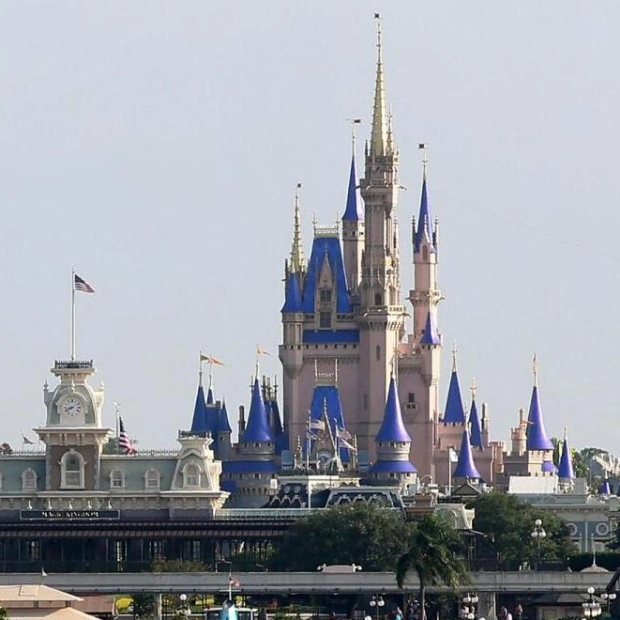A UK initiative aimed at boosting green jet fuel adoption must be embraced globally and further developed if the technology is to fulfill its potential of significantly cleaner aviation, cautioned airline executives at the Farnborough Airshow. Recently, the UK's new Labour government unveiled plans to implement a price guarantee for sustainable aviation fuel (SAF) to encourage producers to expand their facilities and enhance infrastructure for increased production. Despite airlines committing to transition to biofuels two decades ago, SAF currently represents only 0.2% of the jet fuel market. The aviation industry projects that this figure must surge to 65% by 2050 to achieve 'net zero' carbon emissions.
For years, airlines and SAF producers have been entangled in a stalemate, with airlines expressing a desire for more green fuel, while producers argue they cannot increase production without airlines agreeing to pay market prices. SAF is currently priced up to five times higher than conventional jet fuel. Julie Kitcher, Airbus's chief sustainability officer, emphasized that robust investment strategies and more daring financing from various sectors could accelerate industry growth and bolster supply. She and other executives noted that policy support, like the UK's mechanism or Singapore's SAF levy, could alleviate airlines' financial strain if designed effectively.
Despite mandates and incentives, airlines continue to face a scarcity of SAF, blaming producers, especially highly profitable oil companies, for not producing enough. Luis Gallego, CEO of British Airways' parent company IAG, during a panel at the air show, supported the UK's decision but warned that without a reduction in SAF prices, flying could become prohibitively expensive. Some experts have cautioned that airlines might fail to meet the 2030 target of using 10% SAF for their planes. At the air show, participants highlighted the next generation of more energy-efficient aircraft as a solution to reduce emissions, though many environmentalists argue that the industry's expansion is fundamentally at odds with sustainability.
Airbus, the leading aircraft manufacturer, forecasts that the global fleet will more than double to 48,230 planes in the next two decades. Matt Finch of Transport and Environment highlighted that even with marginally more efficient planes, emissions will continue to rise if the number of aircraft increases. Each new plane order relies solely on hydrocarbons, and there are insufficient SAF volumes to meet these demands. Virgin Atlantic's CEO, Shai Weiss, emphasized that even with revenue security, substantial additional investment is necessary for the aviation sector to achieve its objectives. Shell's recent decision to halt a SAF facility construction in Rotterdam has raised concerns among environmental advocates, underscoring that even with robust government support, new plants will take years to construct and produce ample SAF.
Airline executives view the UK's move as positive but stress that more legislative action is needed. They acknowledge that decarbonization will be costly, potentially amounting to trillions. Given the aviation sector's narrow profit margins, there is limited scope for investment in sustainability. Ghaith al-Ghaith, CEO of flydubai, urged governments to increase the availability of sustainable fuels for airlines to utilize, emphasizing that airlines' primary responsibility is to operate successfully, safely, and securely.






